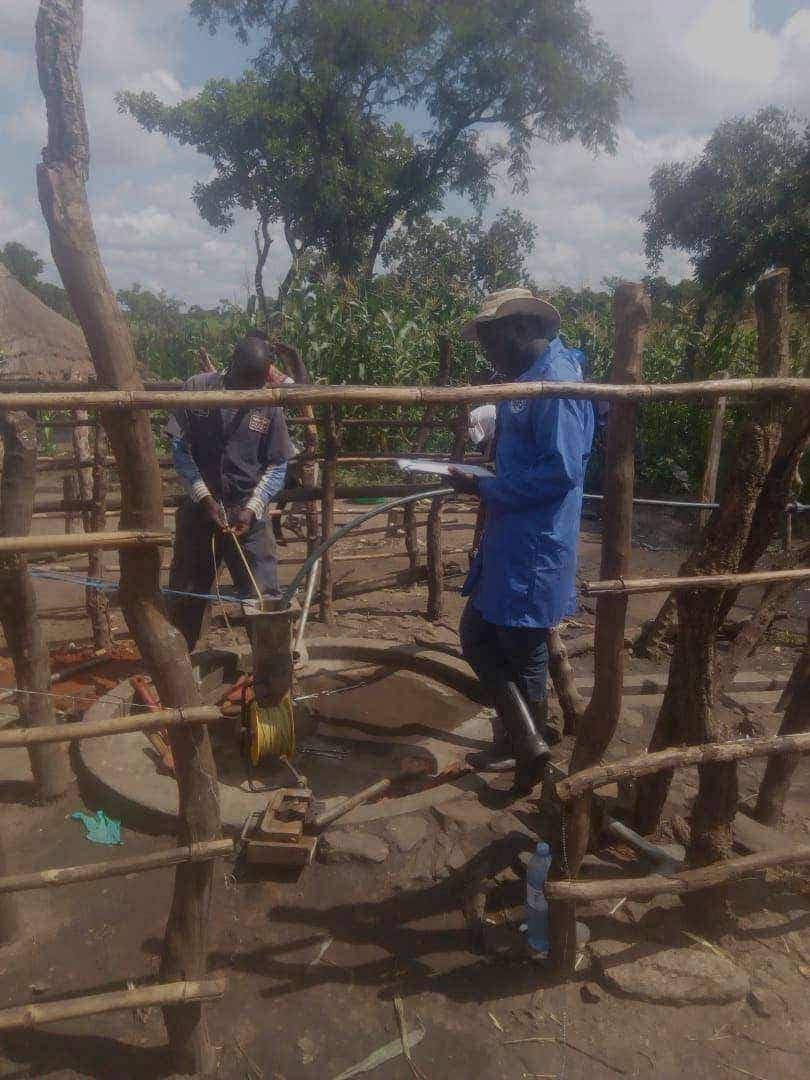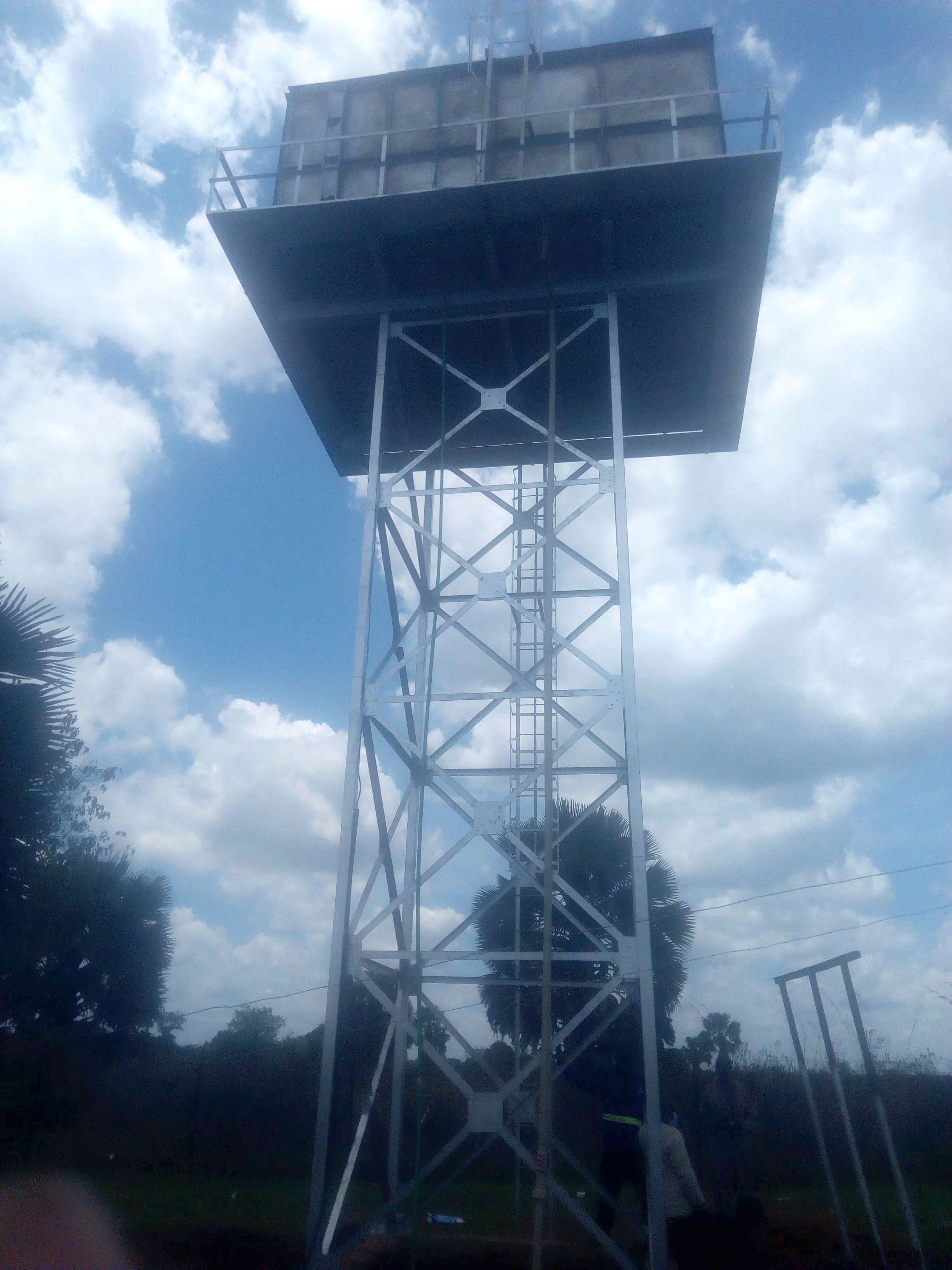million dollars a year spent by the UN on sanitary water
% of Sub-Saharan Africa lacks access to clean water
billion hours a year spent searching for water
% population growth every year

Easily accessible clean water is a basic human right, yet some communities, such as the Olua I refugee camp in Uganda, lack this privilege.
The current process of getting water in the community is dependent solely on installed boreholes and occasional UN-dispatched water trucks which transport water to the community at unpredictable times. Both of these methods are extremely impractical and struggle to provide sufficient water for the entire community.
Clean water accessibility using solar-power technology

Agricultural and Medical First-Aid Training

Similarly to how refugees wait in painstakingly long lines for water, they must do the same for getting their food rations, once every fifteen days. Currently, refugees are completely dependent on the financially-strained and rigid UN systems for food and water, resulting in minimal access to both. In response to this situation, some refugees are trying to grow their own food by leasing farms from the locals, but struggle to grow their own crops due to the long dry season and lack of agricultural knowledge.
Additional training will include: land tilling, efficient and productive crop spacing, use of simple farm tools and machinery, and first aid and emergency medical training.